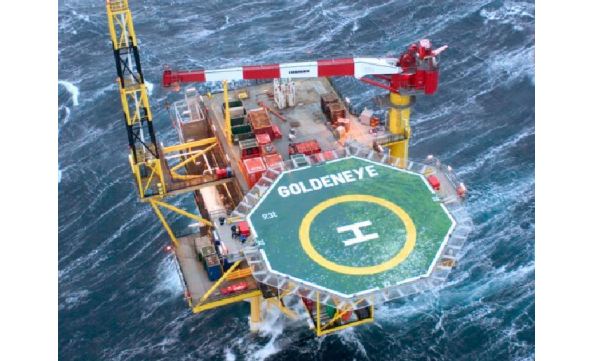
Up to 15% of UK North Sea platforms could be reused for Carbon Capture and Storage (CCS) technology, according to new analysis from Boston Consulting Group (BCG).
BCG said the figures “would be more than enough to cover all CO2 storage targets until 2050” for the UK, which is aiming to become a net zero country within that timeframe.
The firm came to the 10-15% estimate using UK government data on potential of North Sea reservoirs for CCS reuse, cross-referenced with its own database of fields due to be decommissioned in the next decade.
The UK needs to store between 60 metric tonnes of CO2 (in a low scenario) and 180 MtCO2 (high scenario) per year by 2050 in order to meet the target under the Climate Change Act, according to the CCUS Cost Challenge Taskforce.
In either case, “the mentioned 10-15% of fields can cover 2 to 4 times the required CO2 storage capacity to accomplish those targets”, according to analysts Alberto Santos and Martha Vasquez.
However, it is “not realistic” that the UK sector would actually use the full 15%, they added, and “we should be cautious since we are not sure how the technology costs and commerciality will evolve”.
That notwithstanding, a number of North Sea fields have been highlighted for potential CCS storage already, including the Goldeneye, Hewett and Hamilton gas fields.
It comes as Pale Blue Dot, who runs the Acorn CCS project at St Fergus in Aberdeenshire, said discussions were underway to use the Buzzard field to support its flagship project.
Acorn, which is targeting first carbon injection in 2024, plans to use the Goldeneye field as an offshore emissions storage site and is in early talks with operator Cnooc on using nearby Buzzard as an “intermediate station to provide subsea control” for the offshore leg of the project.
Pale Blue Dot recently collaborated on the Oil and Gas Climate Change Initiative’s CCS catalogue, launched last month.
BCG’s research also found that 10% of installations in the Dutch sector of the North Sea could be reused for CCS and hydrogen generation.
Recommended for you

